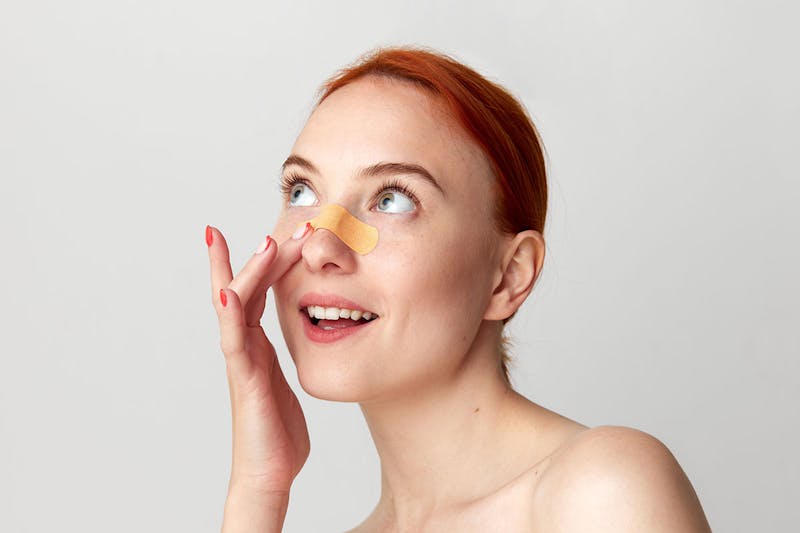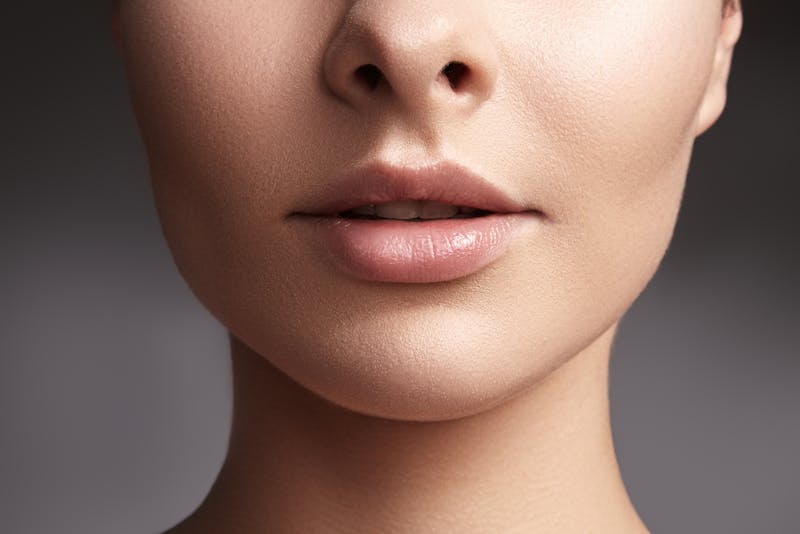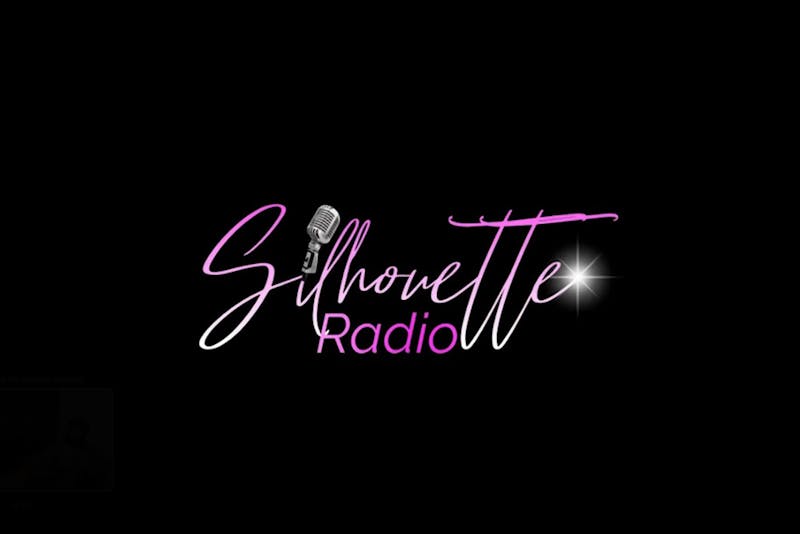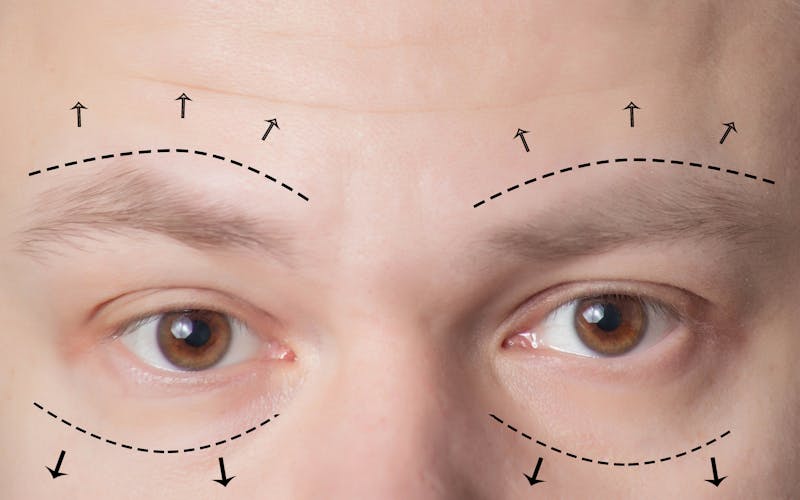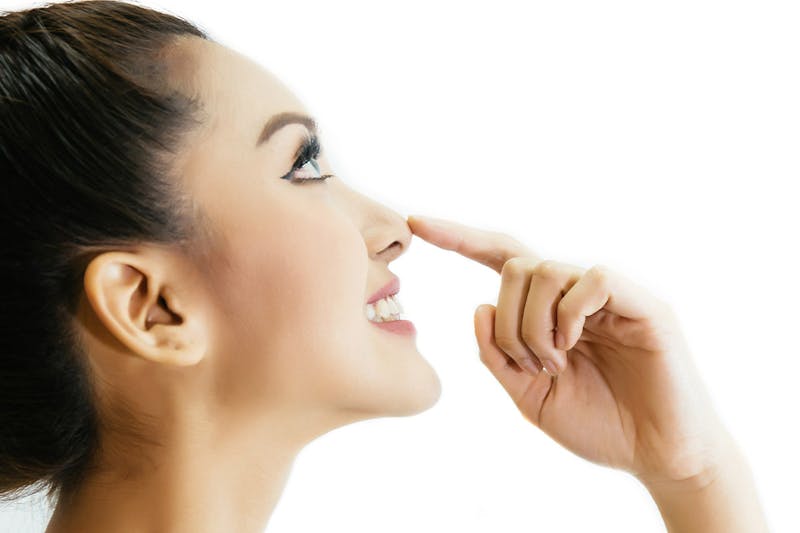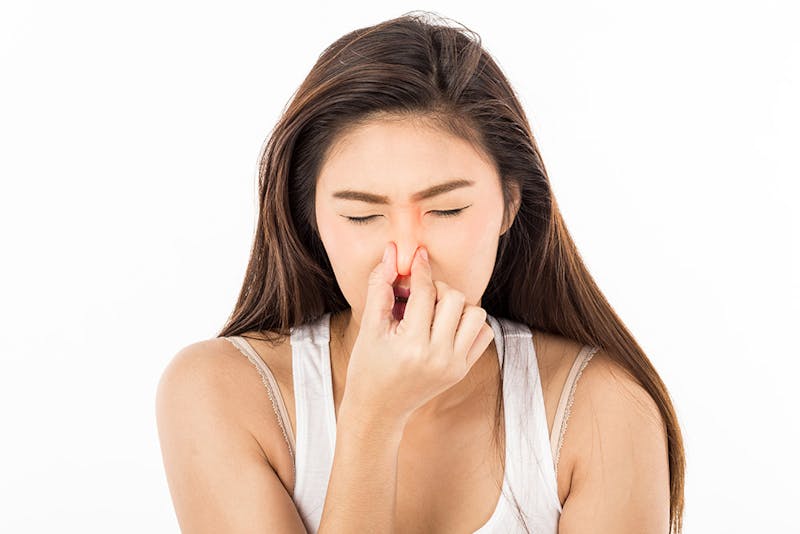
Masters of Beauty - Episode 26 - Innovation & Invention with Dr. Mittelman
In the latest episode of Masters of Beauty, Dr. Shah gets the opportunity to talk with revolutionary plastic surgeon Dr. Harry Mittelman. Dr. Mittelman developed crucial techniques for facelift surgery and patented several types of chin and face implants and spearheaded the use o...
View More


